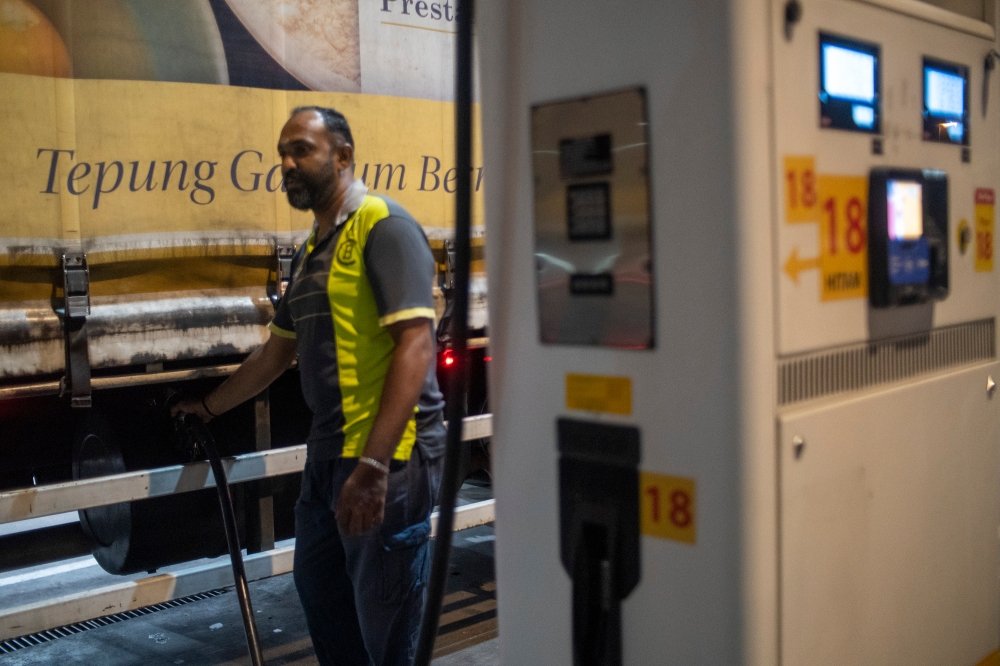KUALA LUMPUR, July 12 — When Prime Minister Datuk Seri Anwar Ibrahim took office two years, he did so on a platform of reform, a core tenet of his PKR party.
While the political change has not come quickly, Anwar’s administration has undertaken significant economic reforms that some predecessors had considered but ultimately did not undertake.
This was recently recognised by external observers, such as investment JP Morgan that upgraded Malaysia’s rating from underweight to neutral after almost six years, and business new outlet Forbes that said the reforms were steering the Malaysian economy to a high-growth, high-value trajectory.
Here are the Anwar administration’s reforms that led to both plaudits.
Subsidy
- On May 21, Anwar announced the Cabinet had approved the start of the diesel subsidy rationalisation programme.
- The rationalisation programme came into force on June 10.
- This is part of the Malaysian government’s plan to stop leakages in subsidised diesel. It is believed that this will save around RM4 billion in government spending each year.

Taxation
- On October 23, Anwar announced during the tabling of Budget 2024 the introduction of new taxes including a higher Service Tax, a new High Value Goods (Luxury) Tax and the new Capital Gains Tax (CGT).
- Both the increased Service Tax and CGT came into force on March 1 and January 1 this year respectively.
- The new taxes are part of the government’s revenue mobilisation measures to diversify and increase the country’s sources of income.
Wages
- On August 24, 2023, Economy Minister Rafizi Ramli said the progressive wage policy (PWP) had been approved at the Cabinet level.
- On June 25, deputy Human Resources Minister Datuk Seri Abdul Rahman Mohamad told Parliament the PWP is expected to be fully implemented in October after a pilot project was carried out.
- The PWP is part of the government’s commitment to reforming the labour market, aiming to increase workers’ incomes in line with productivity gains.
Energy
- On August 29, 2023, Anwar launched the National Energy Transition Roadmap (NETR).
- The roadmap outlines Malaysia’s energy transition efforts to shift from a traditional fossil fuel-based economy to a high-value green economy.
- Phase one of the NETR is composed of 10 flagship catalyst projects and initiatives and six key energy transition levers.
Industry
- On September 1, 2023, Anwar launched the New Industrial Masterplan (NIMP) 2030.
- The NIMP 2030 is an industrial policy framework which includes missions, priorities and action plans for the manufacturing and manufacturing-related services sector.
- The NIMP is the government’s commitment to bolstering the nation’s manufacturing sector, with ambitious microeconomic targets which include boosting the Gross Domestic Product (GDP) of the manufacturing sector by 6.5 per cent annually.
Why the negativity, still?
The JP Morgan upgrade and the Forbes report both come against a backdrop of pessimism over the pace of reforms as well as disagreement with the rationalisation drive over concerns that these could affect the cost of living in the country.
Singapore Institute of International Affairs senior fellow Oh Ei Sun suggested that the doubt could be because ordinary Malaysians are not experiencing the benefits yet or directly.
Oh said this pessimism would likely persist until the people’s experience match the growth and progress cited.
“Another problem could also be what is perceived to be the widening wealth gap,” Oh said, which suggested the positives of the reforms could be disproportionately benefiting a select handful of connected groups and individuals over the “general population simply do not feel it.”
Recommended reading:



















